The future of agriculture in India is being shaped by organic farming
Organic farming is undergoing a radical change in India, and the effects are evident. Growing awareness of the risks associated with chemical pesticides and fertilisers has led to the promotion of organic farming as a competitive substitute for traditional techniques. It is not only ushering in a new era of farming in India, but it also guarantees food security, encourages ecological practices, and lessens the carbon imprint.
Compost, manure, and crop rotation are examples of natural inputs used in organic farming to maintain soil fertility and manage pests and diseases. Compared to typical farming, it is a more time- and labor-intensive undertaking, but the potential rewards are substantial. Putting money into organic farming is like putting money into a profitable future.
One important indicator of the shift in customer preferences towards organic products is the rate of expansion of the Indian organic food sector. By 2024, the market for organic food is predicted to expand at a compound annual growth rate (CAGR) of more than 25%, according to the 2019 India Organic Food Market Forecast and Opportunities study. Given that a steady increase in the market for organic food items is anticipated, this is encouraging news for the organic agricultural sector. The research identifies rising health consciousness, rising disposable incomes, and an increase in the number of organic food retail chains in India as the main drivers of the organic food market's expansion. The food business is set to undergo a substantial shift as more and more people choose organic products. The organic food market's growth rate in India is a good indicator of both the growing consumer interest in sustainable agriculture and its potential.
Much profit comes from patience.
India's sustainable agriculture depends heavily on organic farming. It includes agricultural techniques that protect soil health, minimise the use of artificial inputs, and enhance biodiversity. Indian farmers confront enormous obstacles in spite of the many potential benefits of organic farming, such as inadequate infrastructure and resource availability, a lack of awareness of organic farming methods and benefits, and a lack of standards for organic produce's quality control and certification.
It's not just any old work; it's a labour that requires diligence, patience, and attention to detail. The benefits, nevertheless, are worthwhile if you're prepared to put in the time and work. You can count on improved yields and healthy soil when you grow organically. Consider it like parenting: to raise a healthy, happy child, you must be very attentive and invest a great deal of love, time, and money. Organic farming also demands a same degree of commitment.
Invest Time and Effort for a Healthy Harvest
The process of switching to organic farming takes time. It is not advisable to convert to organic farming all at once if your land has been subjected to chemicals for an extended period of time. It's critical to carefully prepare for and oversee the shift. Similar to weight loss, you can't anticipate eliminating all of the extra fat in a single day. You must give your body time to gradually adjust to the changes. Similarly, based on variables like crop, soil, and location, begin applying organic materials in tiny amounts and progressively raise the proportion. Since organic farming is all about adjusting to the land's lifestyle, having a methodical, long-term plan will pay off in the long run.
India's agriculture might undergo a revolution thanks to organic farming, which offers a competitive substitute for traditional methods that rely on artificial pesticides and fertilizers. In addition to providing a sustainable supply of food for India's expanding population, it supports biodiversity, soil health, and environmental sustainability. The Indian government, non-governmental organizations, and other interested parties need to take the required actions to guarantee that organic farming is widely accepted and is prosperous in the years to come if they want it to become a profitable agricultural practice in India.
-logo.webp.png)
.jpg)
-logo.webp.png)
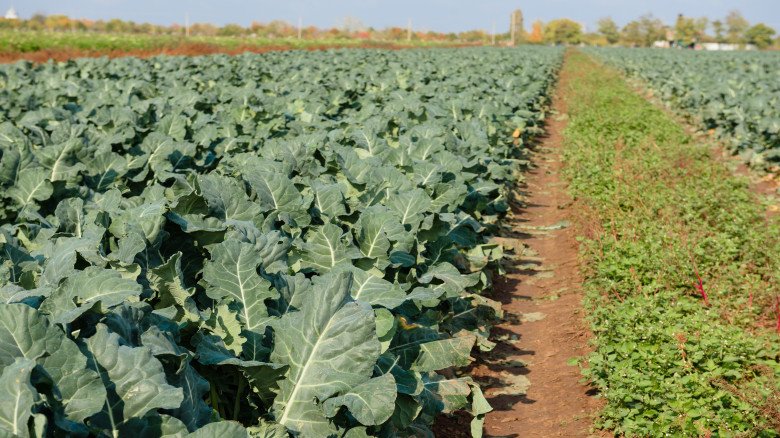

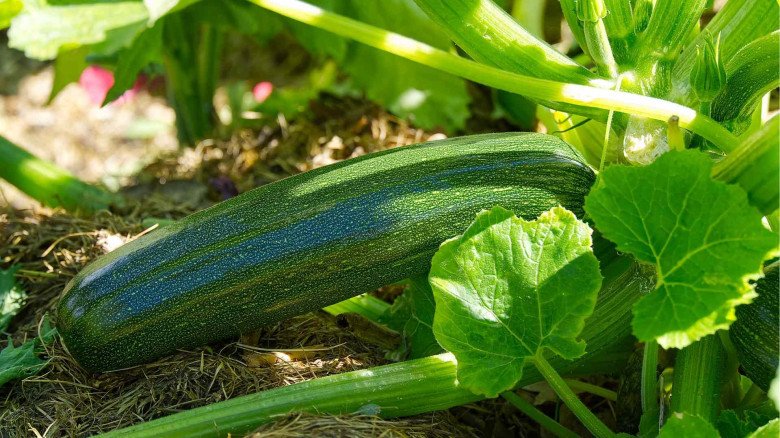




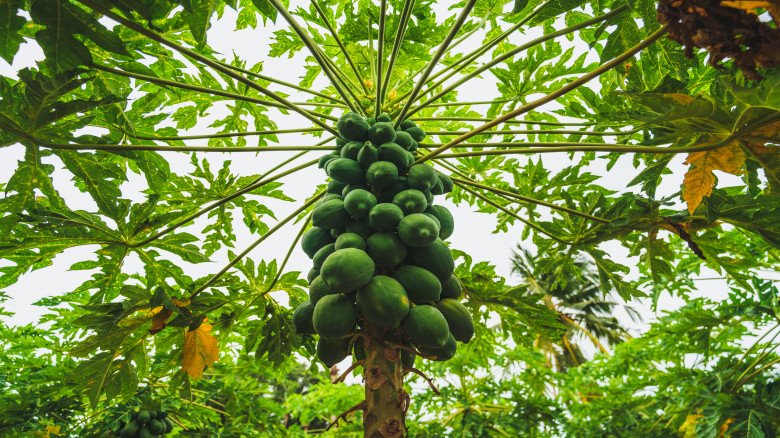
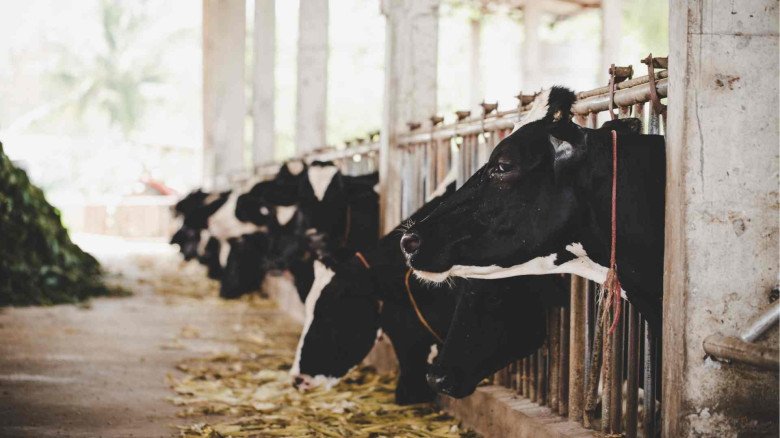

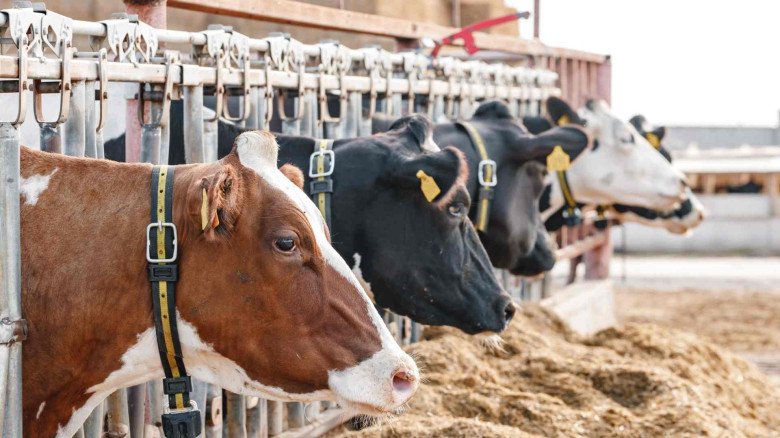
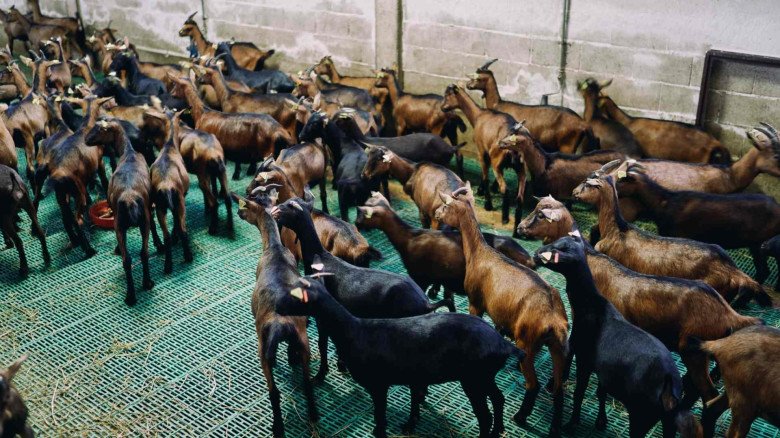


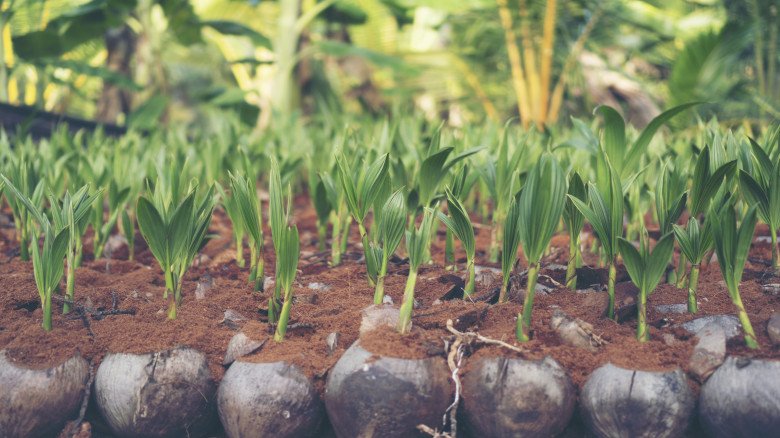



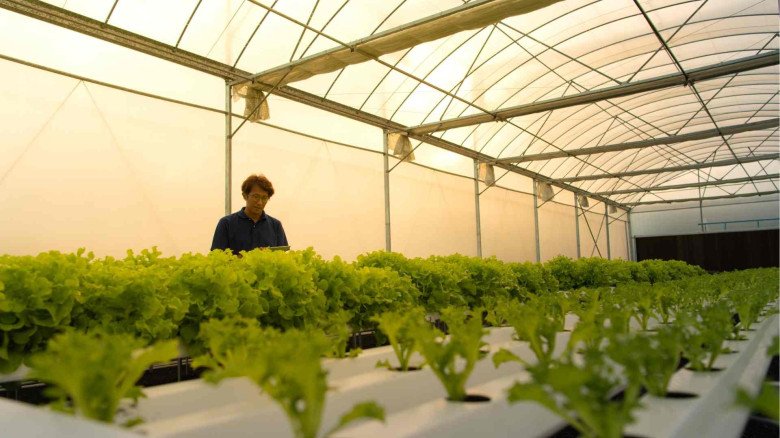




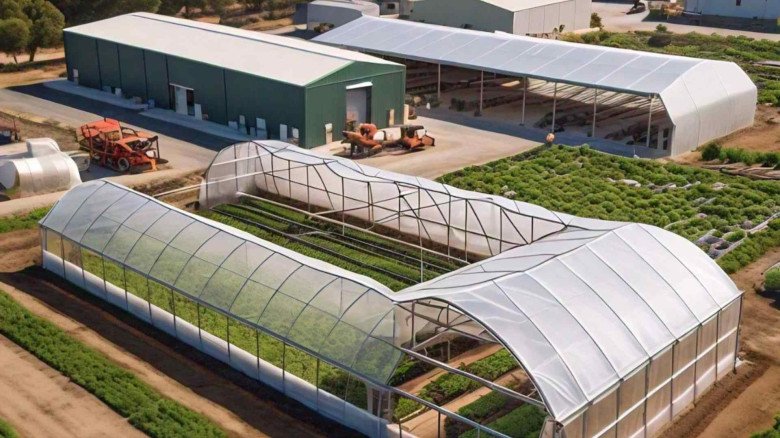

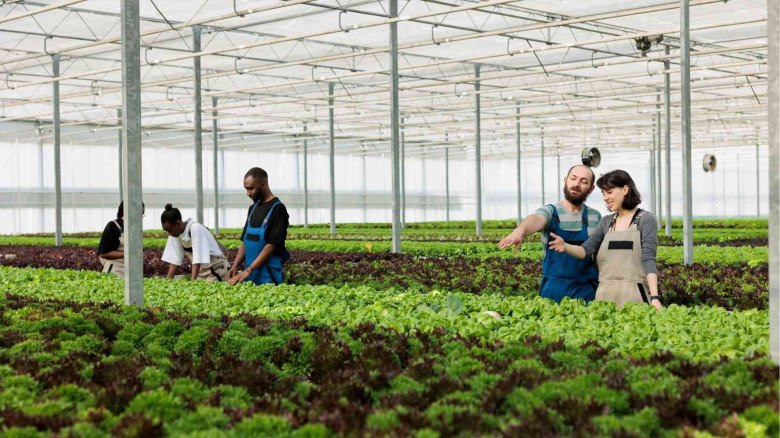
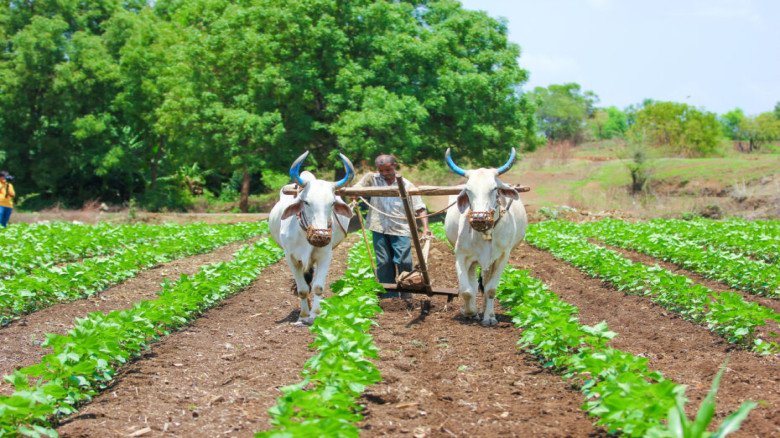
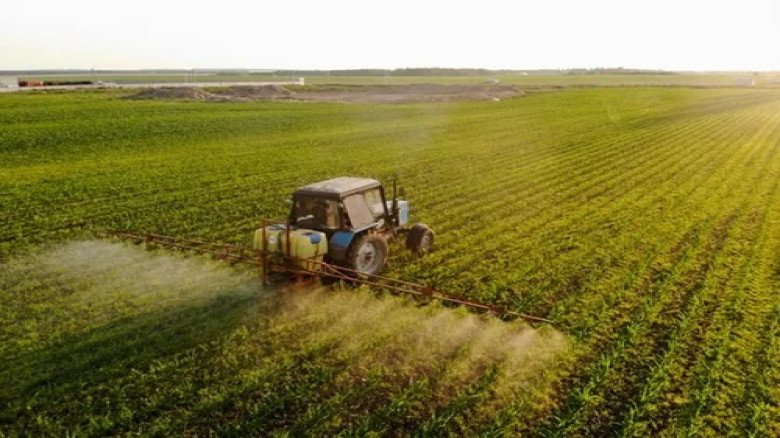
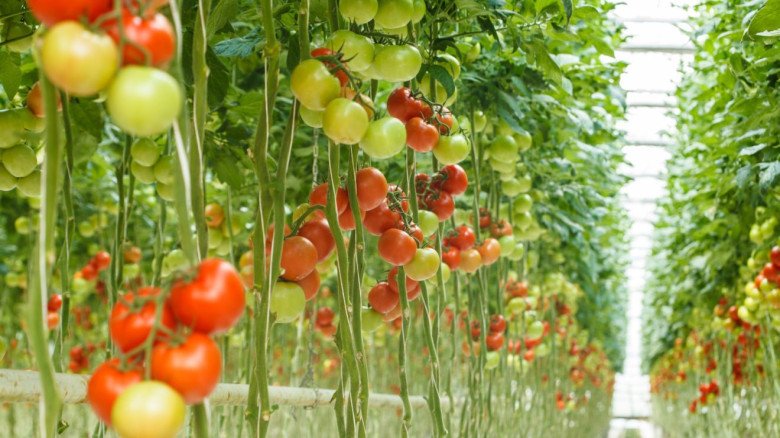

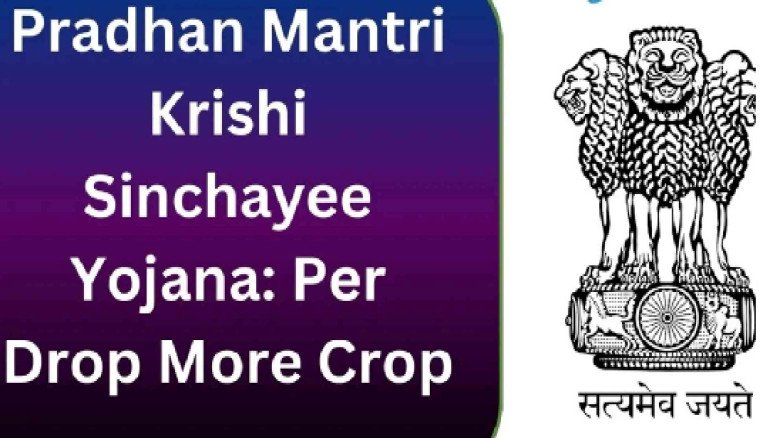
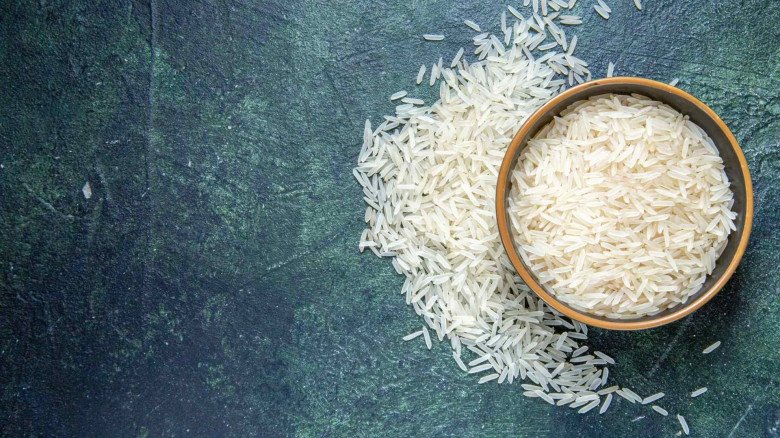


Leave A Comment